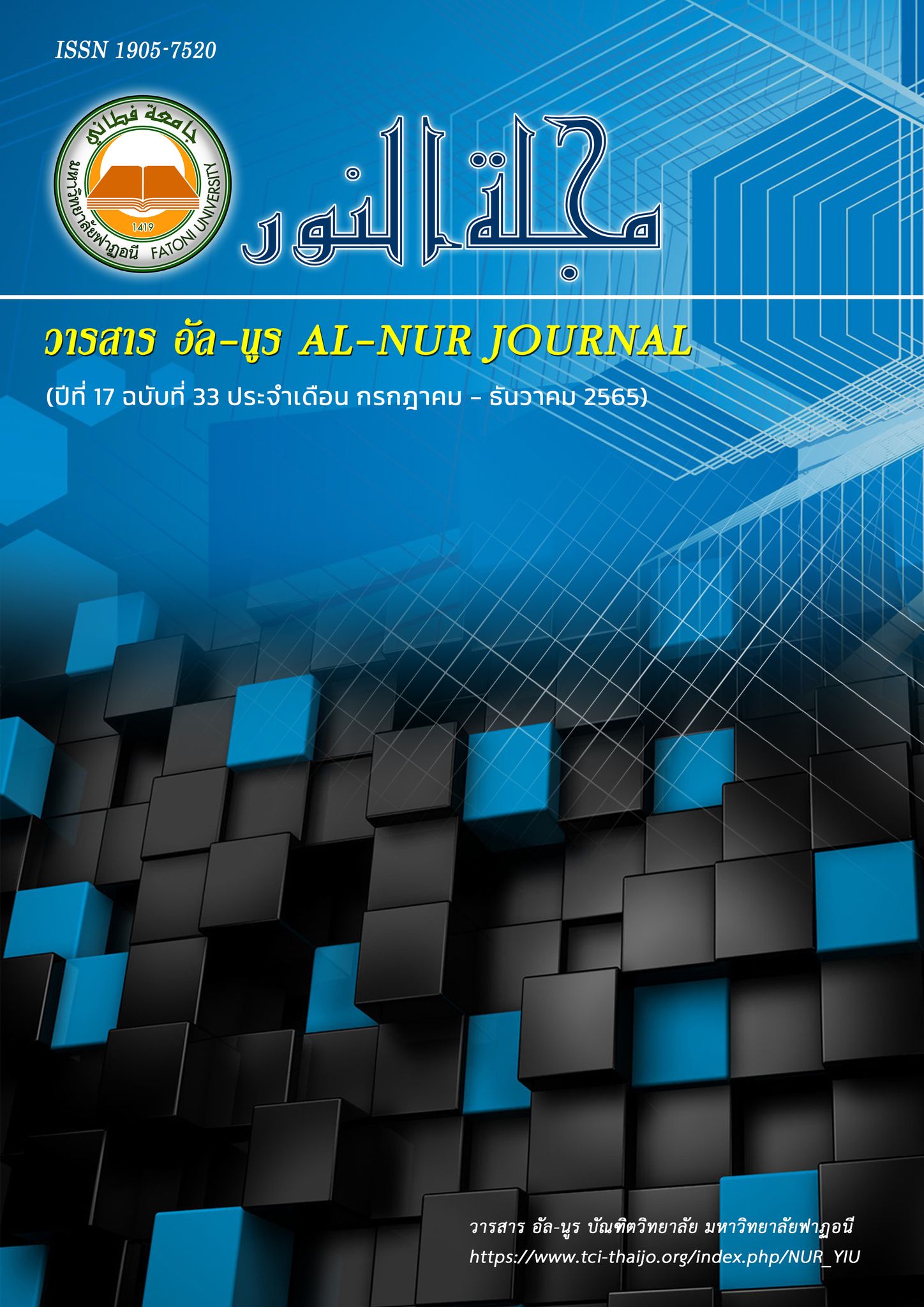SITUATING THE THEORIES AND PRINCIPLES OF ADMINISTRATION PRACTICE IN EDUCATIONAL SETTINGS
Keywords:
Administration, Education, Principles, Theory, OrganizationAbstract
One of the major ways of achieving goal in educational settings is linking the theories and principles of administration in leading aspect of institutional administration. Principles of administration have been widely discussed in the literatures which involves leading the workforce through organizational goal achievement. Despites, study aims to exploring the extent of principles and theories of administration being put into practice in educational institution in Nigeria based on Henry Fayol’s 14 principles of administration with assessments of Maslow’s Hierarchy of needs; Douglas McGregor theory X and Y; and Frederick Herzberg theory of Motivation for elucidation of the theoretical concept in higher education institutions (HEI) in Nigeria. Quantitative method was employed among 360 academic and non-academic staffs in higher education institutions (HEI). The study analyses its result through correlation, descriptive analysis through: frequency, percentage, mean and standard deviation to determine the extent of practices in educational settings. Finding showed a significant relationship (r=.6) between principles and theories of administration while, the principles and theories adequately putting into practice for goals achievement. Finally, remuneration of staff is most advisable as the situating theories and principles in administration would assist the incoming administrators and increases prospective of existing academic and non-academic administrators in HEI.
References
Edgar L. M., Roe L. J., and Theodore, L.R (1967), Educational Organization and Administration: Concepts, Practices, and Issues, 2nd Edn., NJ: Prentice-Hall Education Series
Fred C. Lunenburg and Allan C. Ornstein (2004), Educational Administration: Concepts and Practices, 4th Ed., USA: Wadsworth/Thomson learning
Julie M. B., (2009), Change Communication: Enabling Individuals to Act, Research in Organizational Change and Development, Volume 17, 349–384
Julie, P. (2007), SPSS Survival Manual: A Step-by-step Guide to Data Analysis Using SPSS for Windows (Version 15), 3rd ed., Australia: Allen & Unwin
Lasisi A. A., and Hairuddin M. A. (2012), Creating a Healthy Organization: Changing role of a Successful Educational Leader, International Business Education Journal, Vol.5, No.1, p.49-59
Lasisi Abass Ayodele and Musa Mohammad (2020), Transformation Factors Assessment towards Quality Assurance Achievement in Nigerian Universities: Confirmatory Factor Analysis, International Journal of Educational Management (IJEM), Vol. 18, No.2, p45-56
Michael Beer (2011), Developing an Effective Organization: Intervention Method, Empirical Evidence, and Theory, Research in Organizational Change and Development, Volume 19, 1–54
Micheal Armstrong (2010), Armstrong’s Essential Human Resource Management Practice: A Guide to People Management, US: Kogan Page Limited
Morgan, G. (1988), Riding the waves of change: Developing managerial competencies for a turbulent world, San Francisco: Jossey-Bass.
Ramani, K. V. (2013), A Text Book of Educational Management, New Delhi: Wisdom Press
Rocio Llamas-Sanchez, Victor Garcia-Morales and Inmaculada Martin-Tapia (2013), Factors affecting institutional change: a study of the adoption of Local Agenda 21 in Spain, Journal of Organizational Change Management, Vol. 26 No. 6, pp. 1045-1070
Shiela Antonette D. Bacud (2020), Henry Fayol’s Principles of Management and Its Effect to Organizational Leadership and Governance, Journal of Critical Reviews, Vol.7, Issue 11, p162-167
Stoner James A. F., Freeman R. Edward, and Gilbert, Jr. Daniel R. (2003), Management, Sixth Edition, New Delhi: Prentice-Hall of India.
Downloads
Published
Issue
Section
License
Copyright (c) 2023 Musakkid Himphinit

This work is licensed under a Creative Commons Attribution-NonCommercial-NoDerivatives 4.0 International License.
Proposed Creative Commons Copyright Notices


